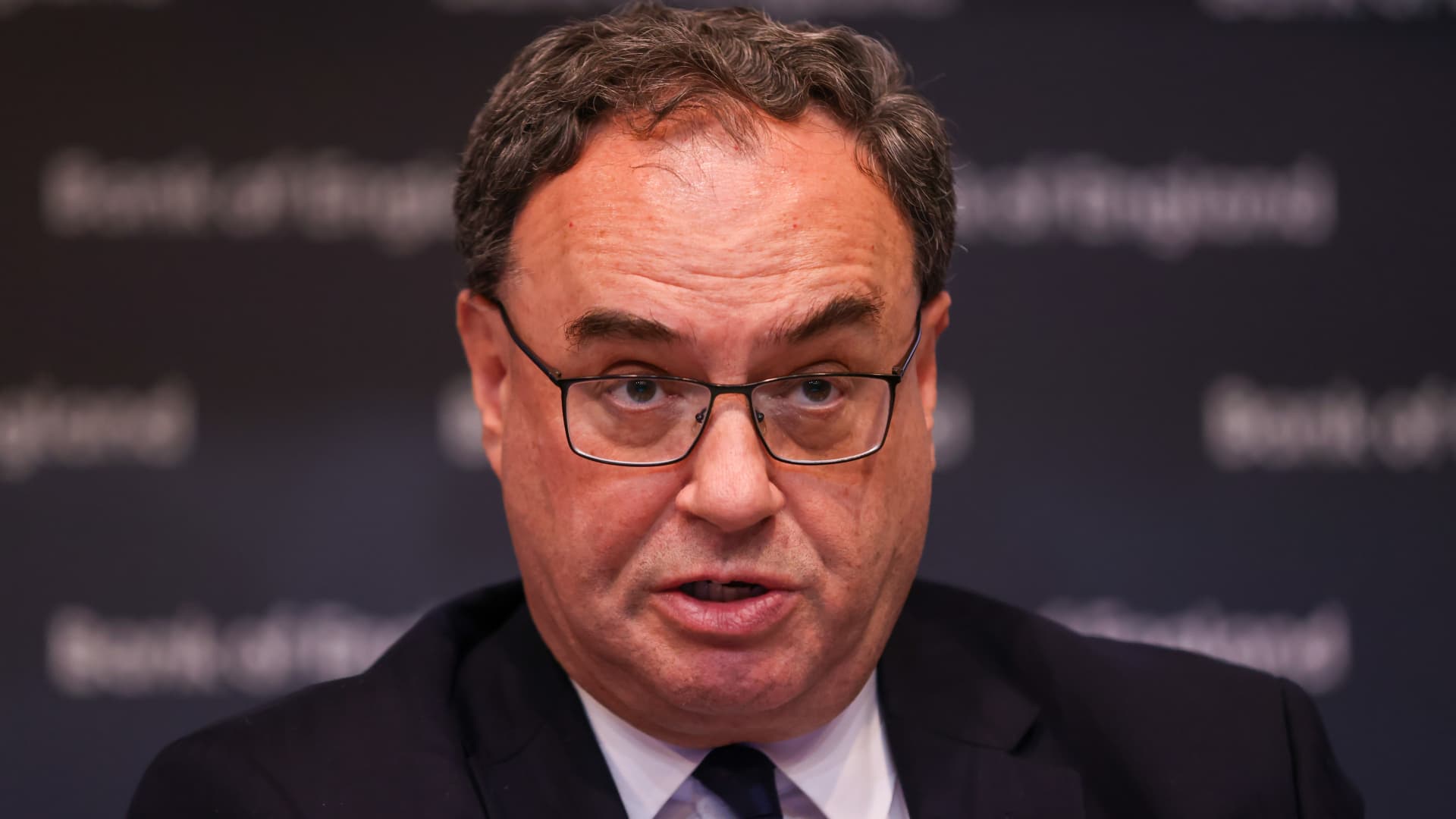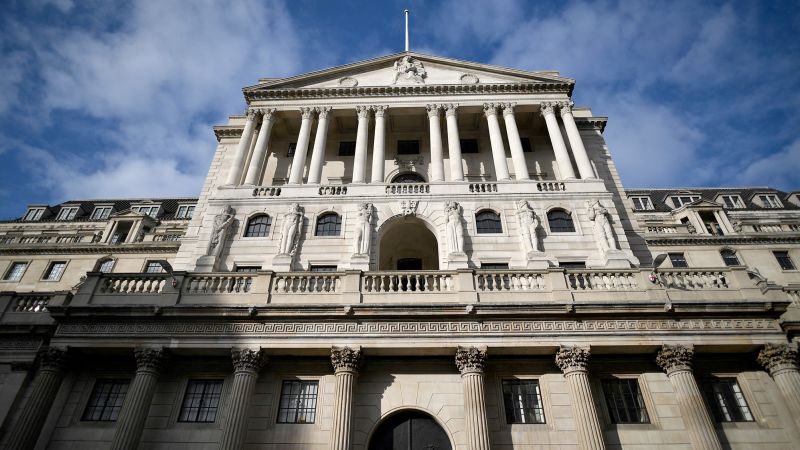The Facts
On Thursday, the Bank of England (BoE) raised its key interest rate by a quarter of a percentage point to 5.25% — reaching a 15-year high.
Within the bank's Monetary Policy Committee, six voted for the 0.25% increase, two voted for a 0.5% increase, while a single member voted for interest rates to remain the same.
The Spin
Establishment-critical narrative
The UK's economy didn't need to be like this. Governments — such as Spain's — that took both quicker and more concerted action, rather than relying solely on the decisions of a central bank, have already seen inflation fall below the 2% target. Interest rate hikes can indeed decrease inflation, but at the cost of fewer jobs, higher mortgage rates, and lower long-term growth. It's not too late to change course and follow the paths of those who have already successfully negated the issue of inflation.
Pro-establishment narrative
Despite much uncertainty and unpopularity surrounding decisions concerning the BoE and the UK's economy, the cost of living squeeze hasn't seen many of the negatives often associated with monetary tightening. Consumption remains strong, and there are a million vacancies in the employment market. While an uncomfortable journey, the BoE is managing to walk the tightrope of draining the economy of inflation while keeping the UK afloat.










